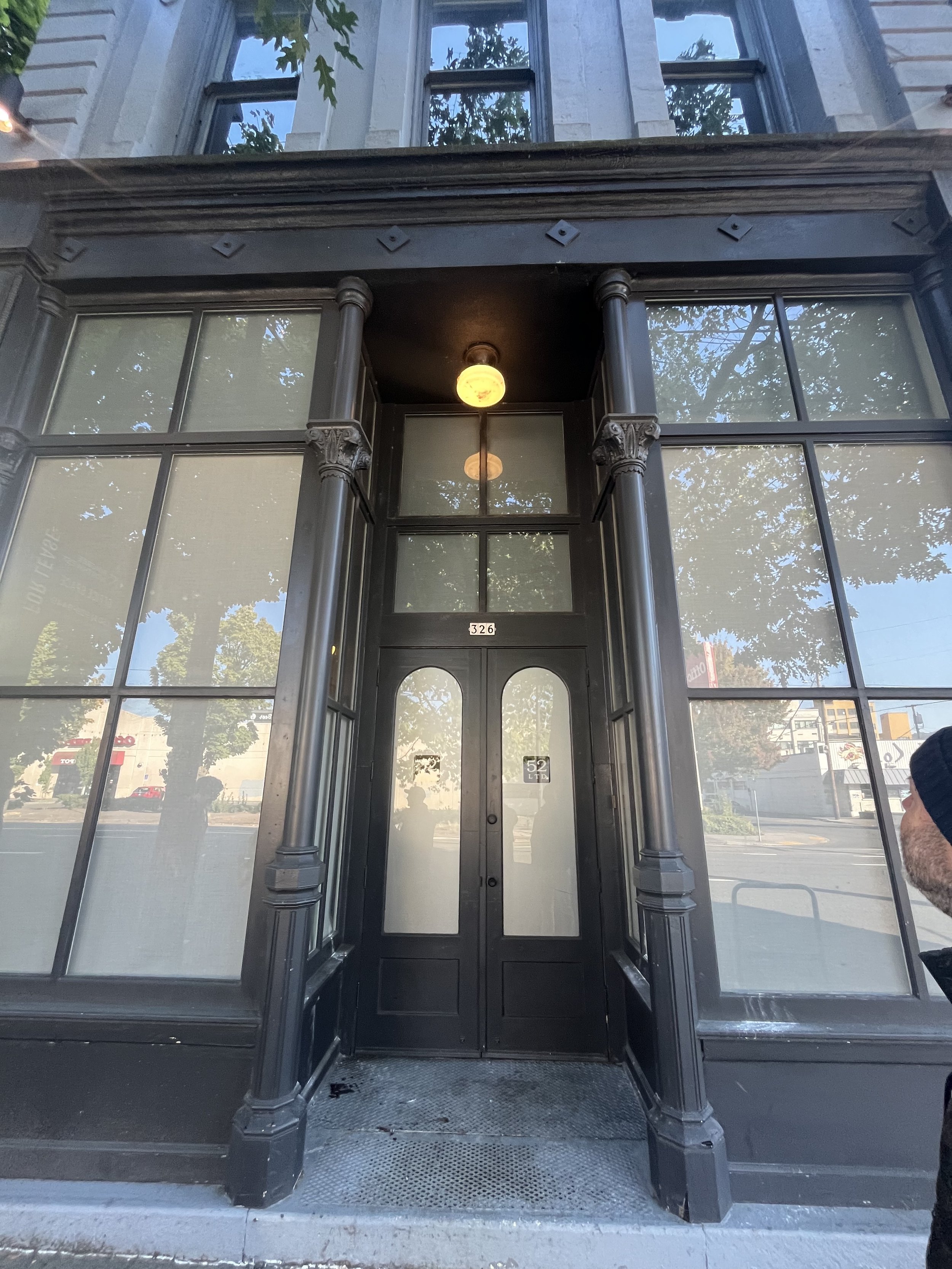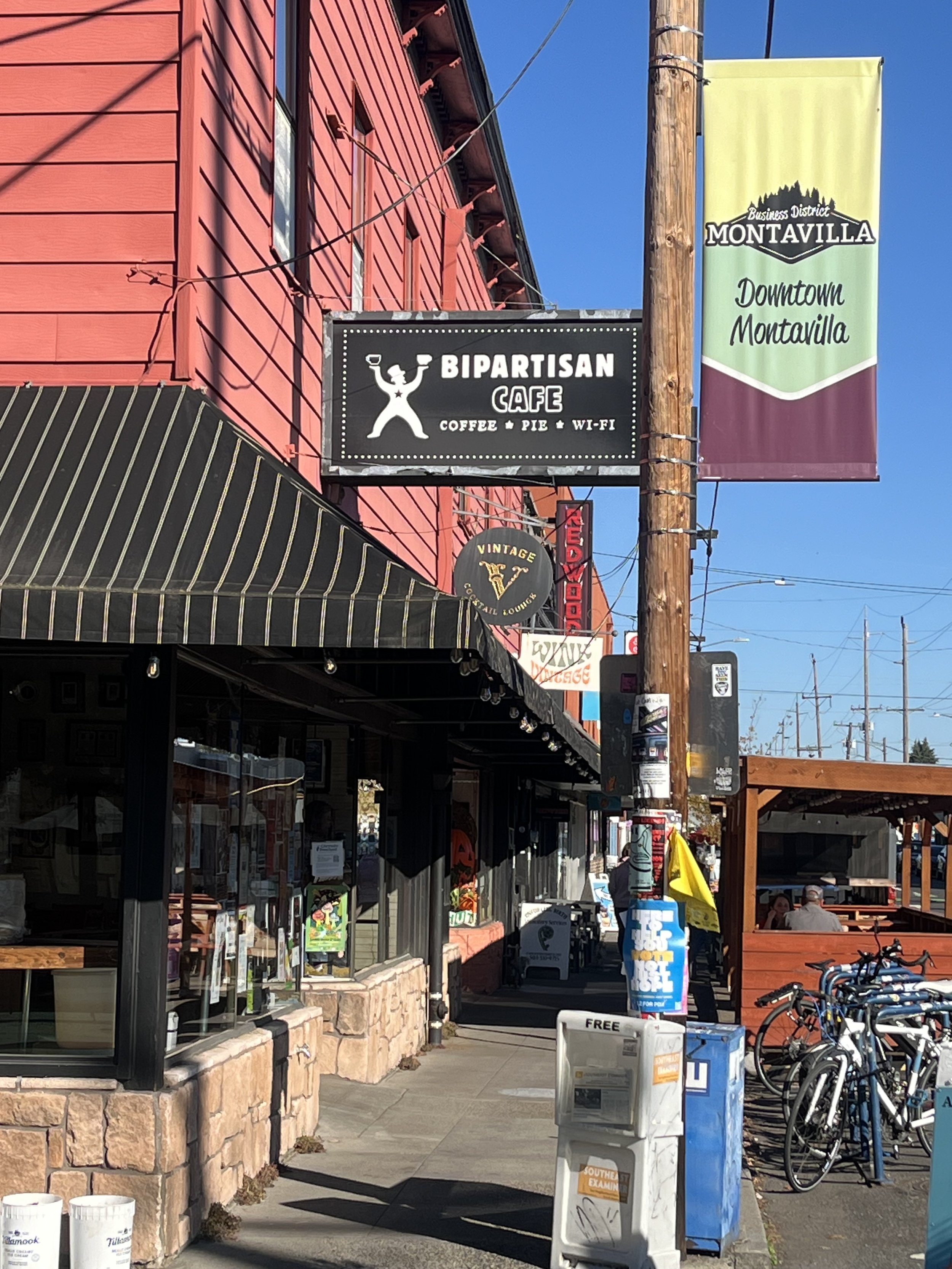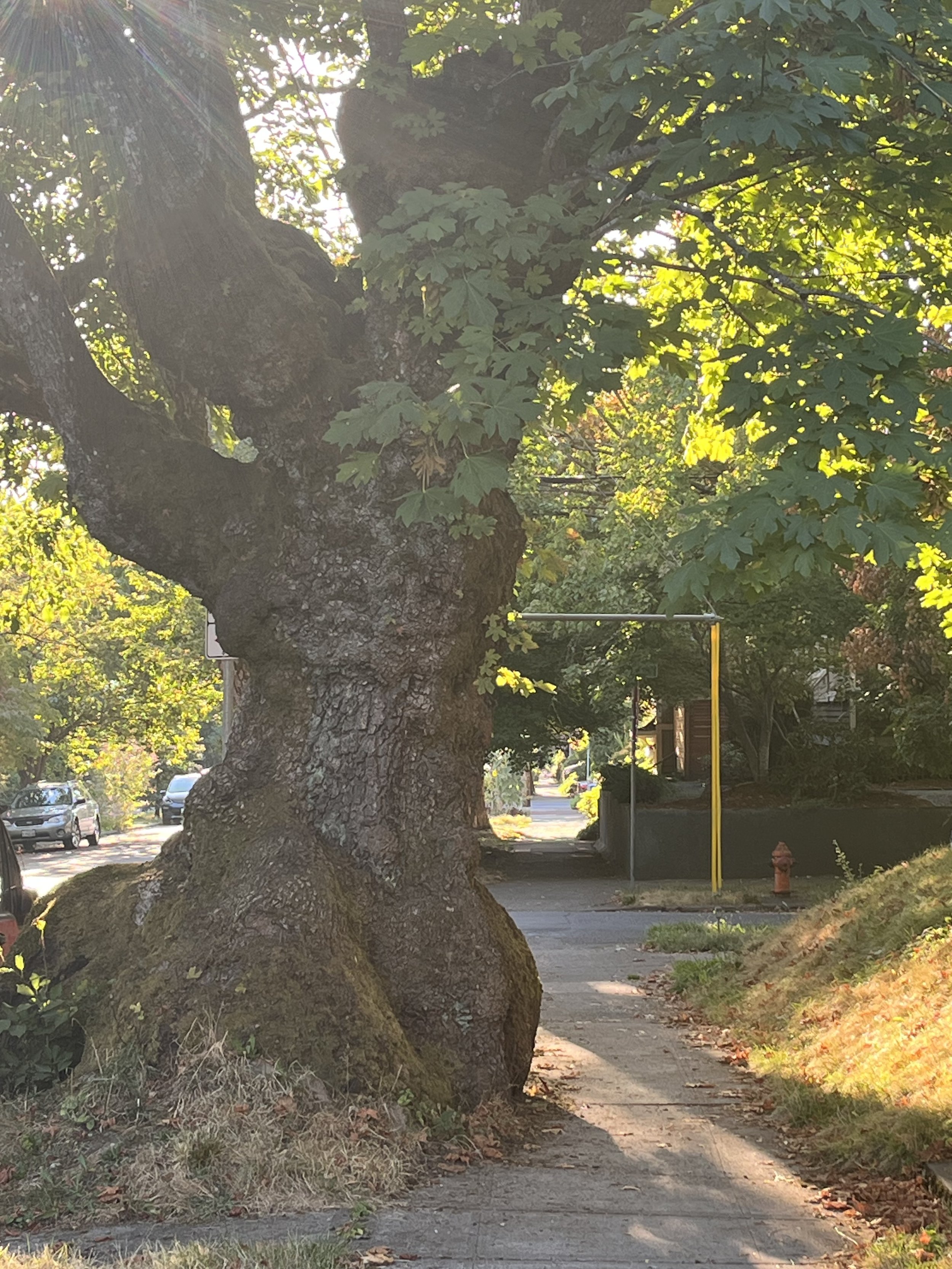
Local Culture and Fighting Climate Change
Approaches to creating policy that works.....
-

Embrace Nuance
The 20th century city made sense last century. We are still building and managing human habitat with rules and regulations that worked before 21st century conditions came into play.
Local business, arts, and ethnic cultures need to be not just considered when making policy but centered at the heart of every policy the city creates.
We have already lost special places, unique businesses, and opportunities to maintain cultural space in our city in the last decade. We now have an opportunity to re-center our priorities and make sure to put local businesses, local arts, and local culture before global business profits.
The most successful cities of the 21st century will be the cities that preserve, protect and foster growth of local cultures first.
This is not an anti-corporate message but a message of win/win for local and global interests.
-

Tap Into Our Human Potential
I was amazed by the adventurous and volunteer-oriented people when I came to this city. We have immeasurable knowledge, know how, and human energy here.
I believe that local district representatives can connect our human resources with our districts goals.
We can create volunteer opportunities and social opportunities that help solve or mitigate problems we have locally.
We can facilitate connections through the government apparatus so that local sub-cultures and Portlanders of all ages are included and given an important place in making District 3 a fun marketplace of ideas and in-person human experiences.
-

Confronting Climate Change
Status-quo re-development of Inner Portland that demolishes mature trees and puts vintage buildings into the landfill is not a good strategy to combat climate change.
Using older buildings and adding to them or around them is a better strategy.
Another strategy is to transform our auto-oriented roadways (Powell, 82nd Ave.) into mixed-use corridors with housing that will make more of our city walkable, bike-able, and more transit friendly. Currently a vast majority of redevelopment is being built in our most unique neighborhoods and main streets. This is causing a loss of local identity and local business activity. This uni-dimensional approach will result in the loss of billions of future economic activity in the tourism, film and tv, food and culture, and innovative start up sectors.
Federal tax incentives and grant programs that already exist can lower cost of adaptive re-use.
Downtown will have to become a place with lots of housing if it is going to stay relevant for the future. We can retrofit commercial buildings into new housing types that will get downtown back on track as a living and working innovation hub.
Not only investing in bike lanes but in other incentives to get more people biking instead of driving should be part of our Climate Change Strategy. We should be the Amsterdam of North America.

